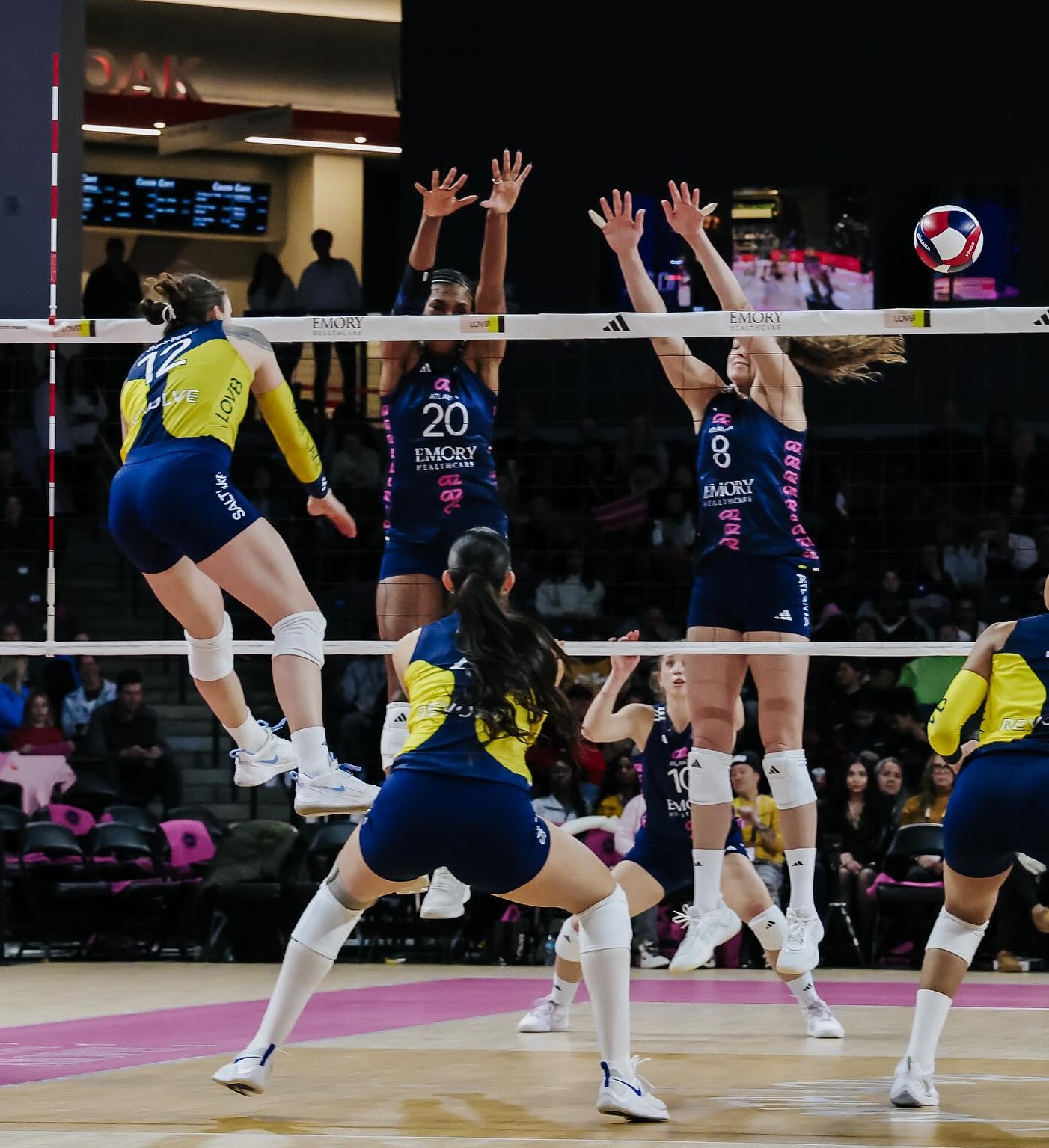The Double-Edged Sword of Controversy: Understanding the Power and Pitfalls of Dramatic Expression
Controversy and drama are a ubiquitous part of our daily lives. From heated debates on social media, to sensationalized news headlines, to dramatic plot twists in our favorite TV shows, we are constantly bombarded with stimuli that stoke our emotions and challenge our perspectives. While controversy and drama can be thrilling and captivating, they can also be divisive, hurtful, and destructive.
On one hand, controversy and drama can be a powerful tool for sparking important conversations and driving social change. When used effectively, they can bring attention to pressing issues, challenge our assumptions, and inspire action. Take, for example, the #MeToo movement, which has been a game-changer in the fight against sexual harassment and assault. The controversy surrounding Brett Kavanaugh’s Supreme Court nomination, while heated and divisive, has sparked important discussions about power, privilege, and the importance of listening to survivors of sexual violence.
On the other hand, controversy and drama can also be hurtful and destructive. When not managed skillfully, they can lead to polarization, bullying, and exploitation. We’ve all seen it – a public figure takes to social media to share an opinion, only to be met with a torrent of abuse and harassment. We’ve also witnessed the devastating consequences of fake news, clickbait, and sensationalized reporting, all designed to sensationalize and profit from controversy, rather than shed light on important issues.
So, how do we navigate this complex landscape of controversy and drama? Here are a few takeaways:
The Power of Empathy
In the midst of controversy, it’s easy to lose sight of the humanity involved. Empathy is a crucial antidote to drama and division. When we take the time to understand the perspectives of others, even those with whom we disagree, we can begin to build bridges, rather than walls. This doesn’t mean we have to accept every argument or opinion, but rather that we can engage with others in a way that respects and acknowledges their experiences.
The Importance of Fact-Checking
In an era of "alternative facts" and "fake news," fact-checking is more crucial than ever. When we rely on reputable sources and verify information before sharing it, we can help stamp out misinformation and promote constructive discourse.
The Role of Nuance and Context
Finally, it’s essential to recognize the importance of nuance and context in our discussions and debates. Complexity is rarely reduced to simple black-and-white statements or soundbites. By seeking out diverse perspectives and considering multiple sides of an issue, we can foster a more informed and respectful dialogue.
In conclusion, controversy and drama are a natural part of our world, and we must learn to navigate them thoughtfully. By cultivating empathy, fact-checking our sources, and embracing nuance and context, we can turn the power of controversy to the greater good, rather than allowing it to tear us apart. The world is a messy, complex place, and it’s up to us to create a more positive, constructive landscape – one where we can engage with each other with respect, understanding, and a commitment to building a better future.

